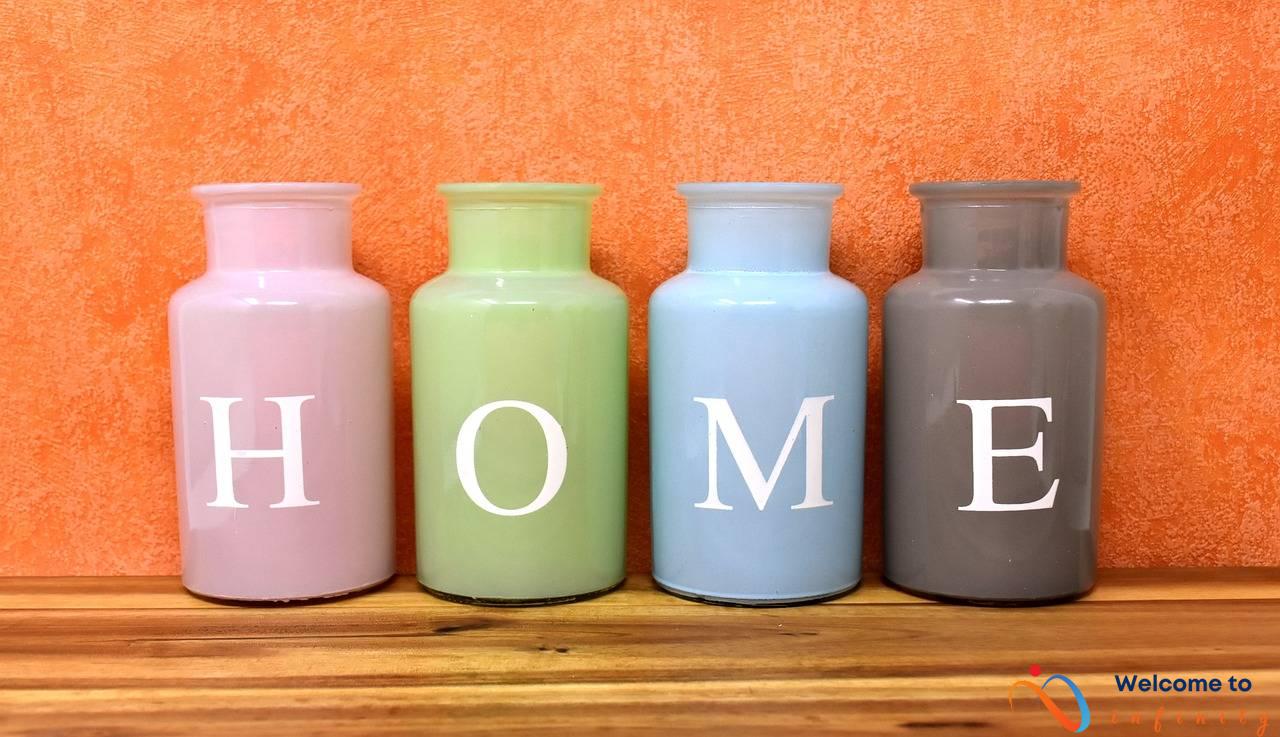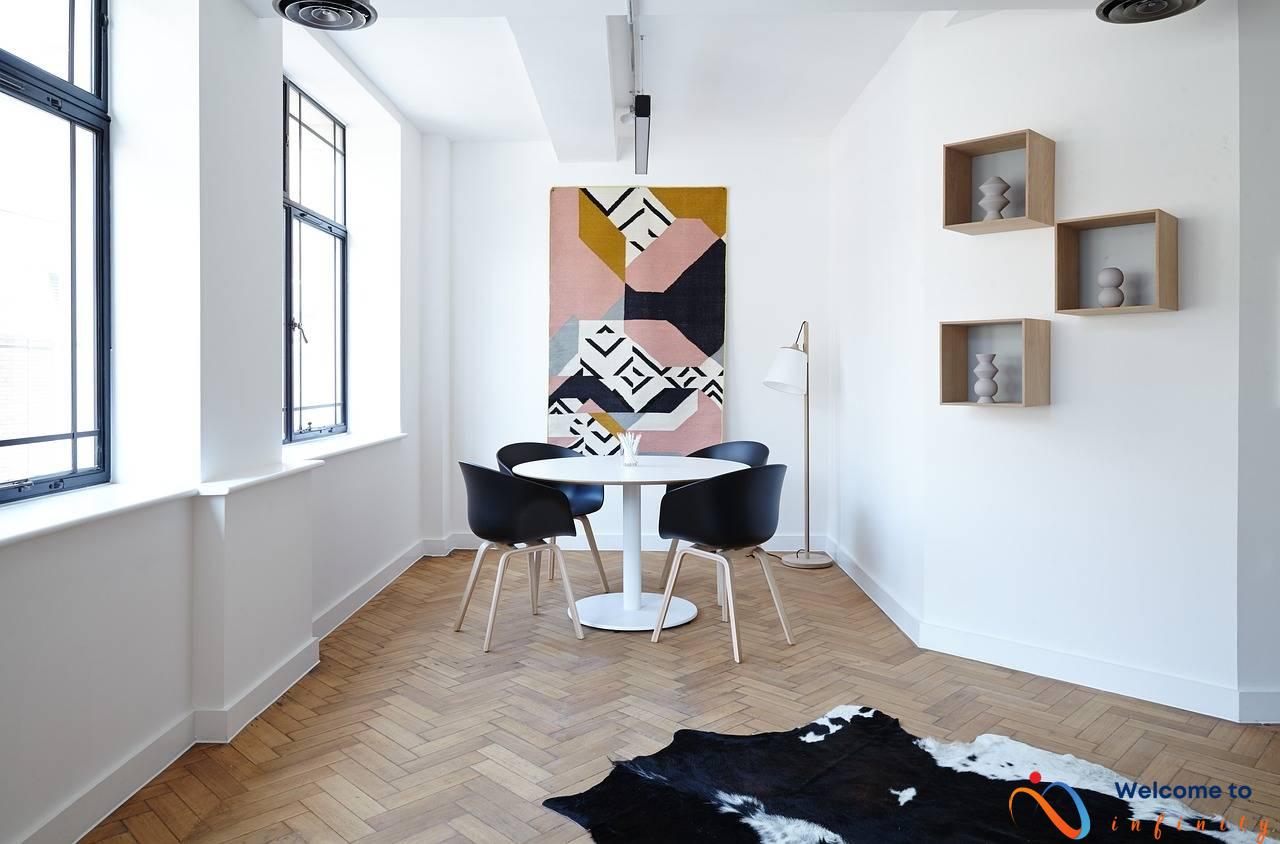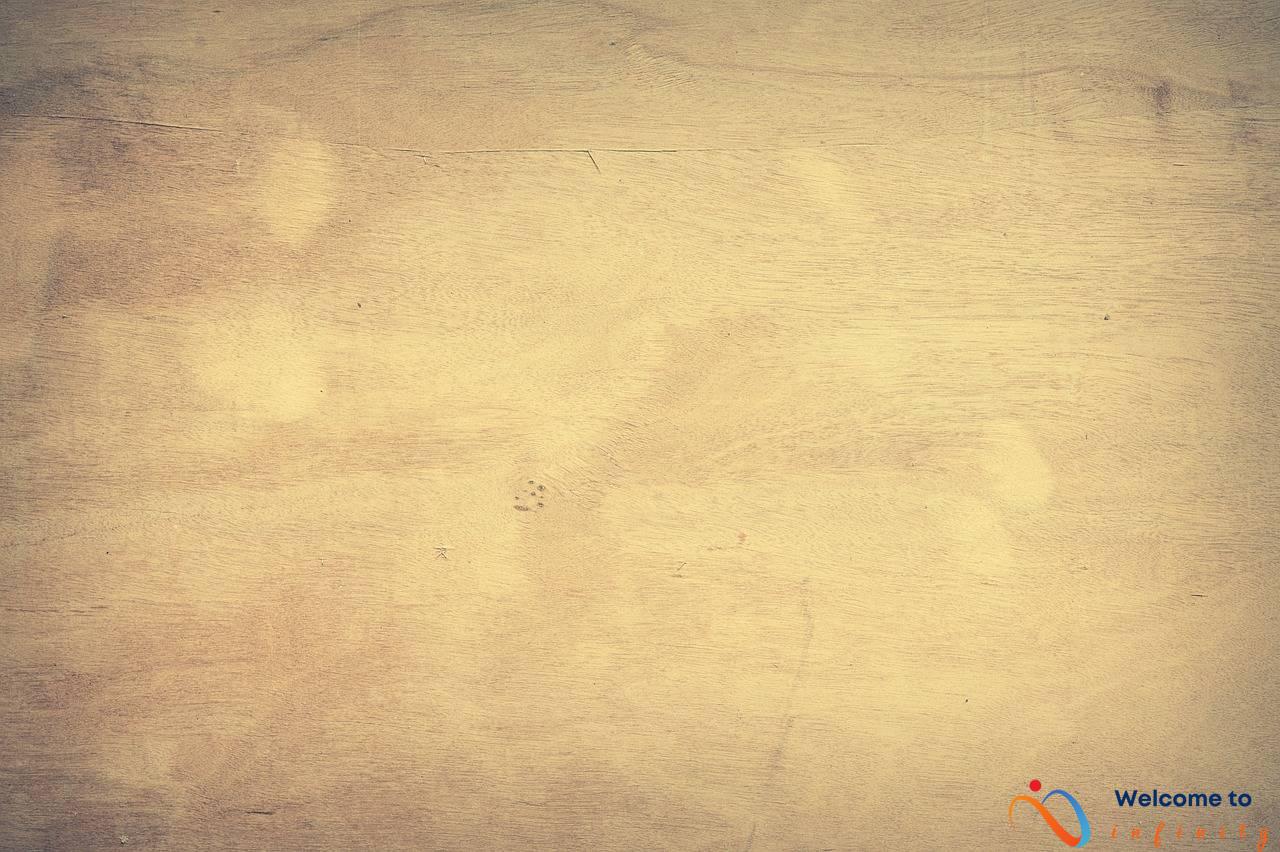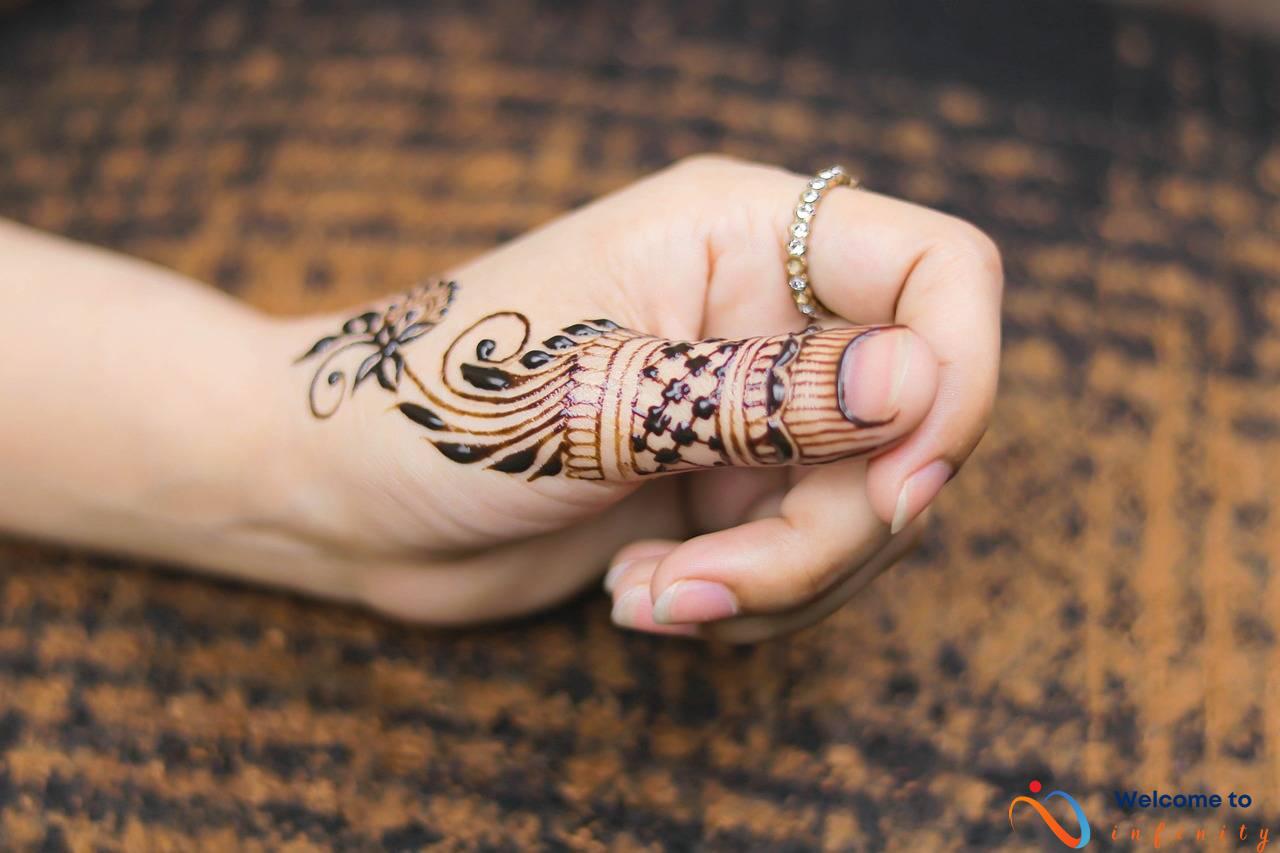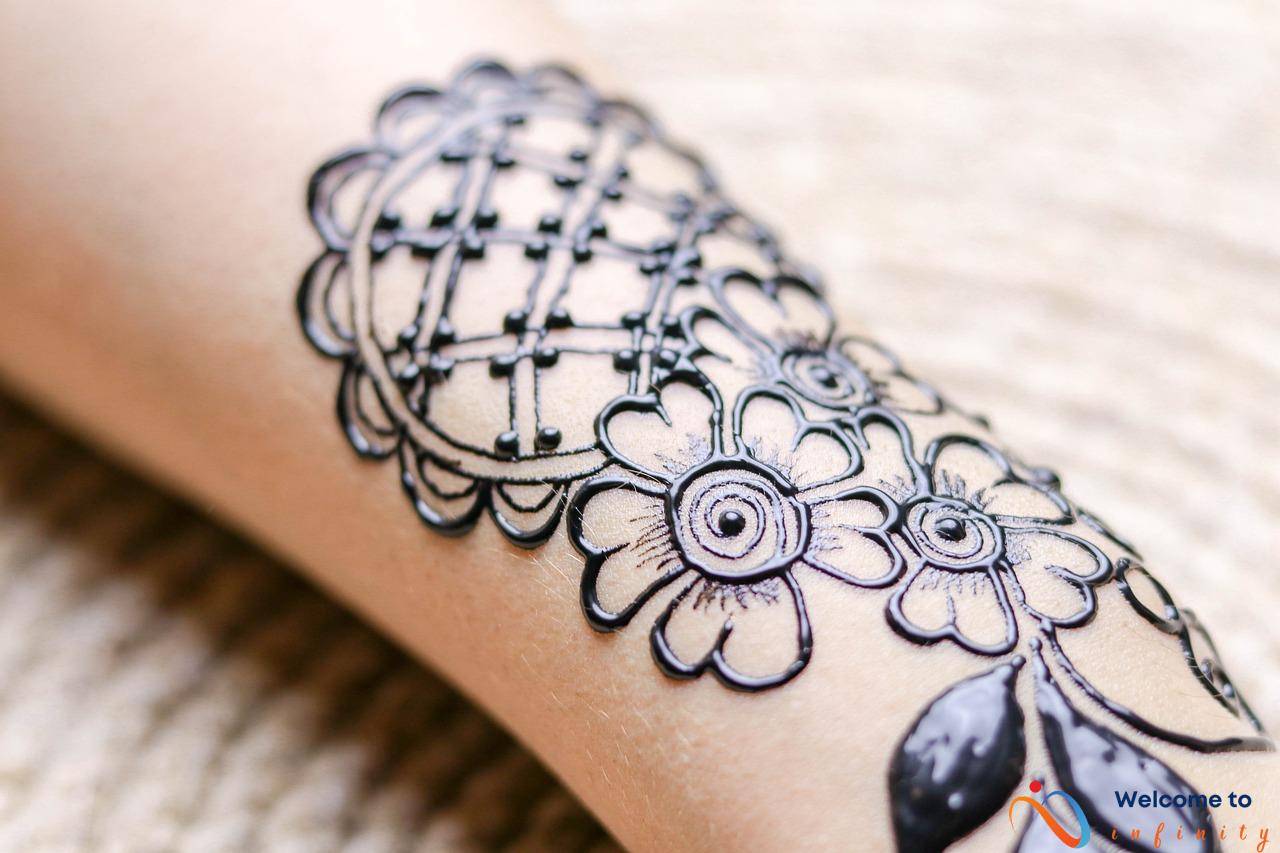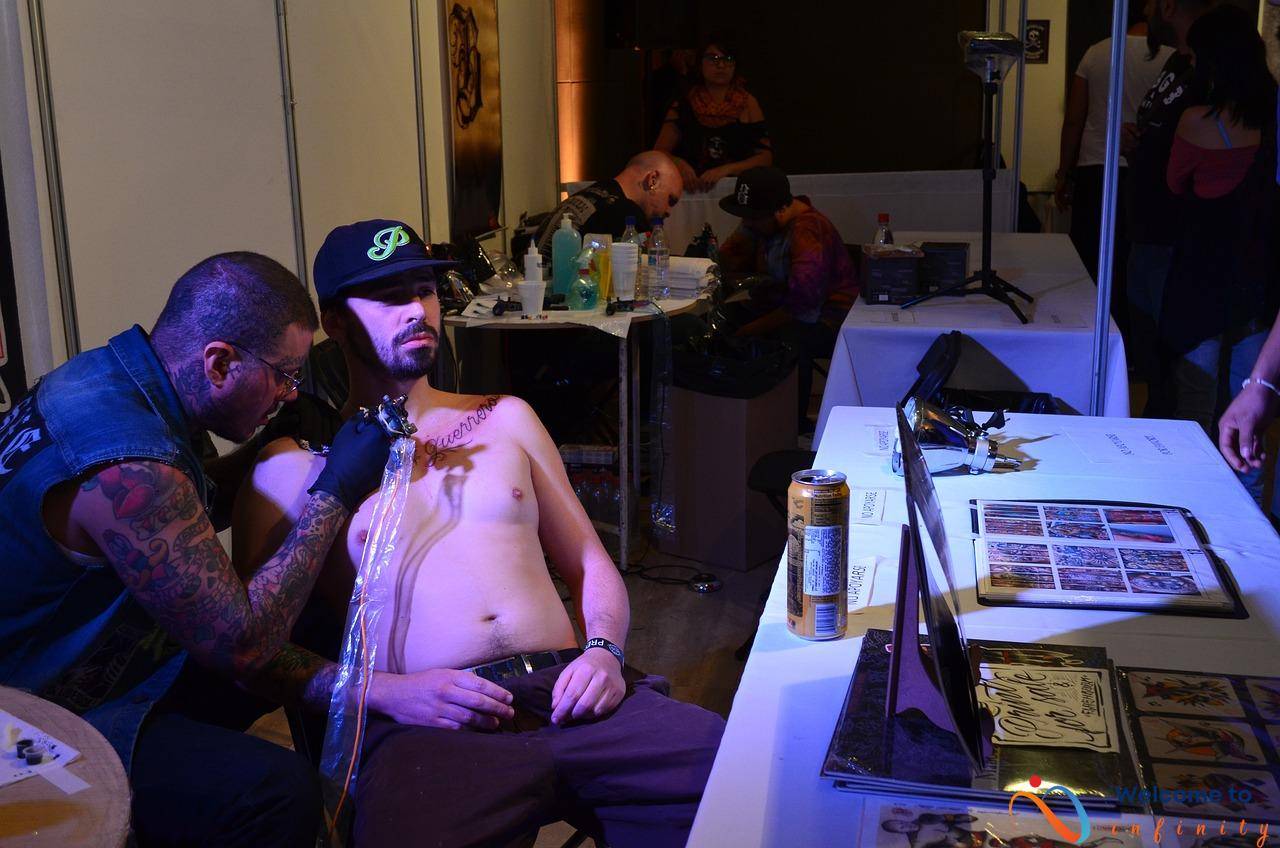If you've ever admired a tattoo with perfectly symmetrical lines and shapes, you may have been looking at a design based on sacred geometry. Sacred geometry is the study of geometric patterns and shapes that are said to represent the universal principles and beliefs found in various cultures and religions throughout history. These geometric patterns have been used for centuries in art, architecture, and even tattoo art.
The use of sacred geometry in tattoo art has become increasingly popular in recent years, as people seek out designs with deeper meaning and symbolism. These designs can represent the interconnectedness of all things in the universe, as well as personal beliefs and values.
Many different geometric shapes and patterns are used in sacred geometry tattoo art, each with its own symbolic meaning. Circles, for example, represent unity and wholeness. Square shapes, on the other hand, represent stability and balance. The Flower of Life is a popular motif consisting of overlapping circles and is said to represent the interconnectedness of all life. Mandala tattoos, which are circular in design, symbolize the universe and can represent balance and harmony.
Triangles and tetrahedrons are also common shapes used in sacred geometry tattoos, with triangles representing strength, stability, and trinity. Tetrahedrons are said to represent the four elements of earth, air, fire, and water.
One of the key elements of many sacred geometry tattoos is symmetry. Symmetrical designs can represent balance and harmony in the universe and within oneself. However, asymmetrical designs can also be used to add a unique and personal touch to a sacred geometry tattoo.
Overall, the use of sacred geometry in tattoo art is likely to continue to grow in popularity as more people become interested in spiritual and philosophical concepts. Whether you choose a symmetrical or asymmetrical design, incorporating sacred geometry into your tattoo can add deeper meaning and significance to your body art.
The Origins of Sacred Geometry in Tattoo Art
The use of sacred geometry in tattoo art stems from its historic origins. This art form has been used for centuries across various cultures to symbolize the interconnectedness of all things in the universe. The use of geometric symbols in tattoos is not just an artistic expression, but also a spiritual and philosophical concept. Sacred geometry is based on mathematical principles, and these principles are believed to be the building blocks of the universe.
Many ancient cultures such as the Egyptians, Greeks, and Native Americans utilized sacred geometry in their architecture and art, which includes tattoo designs. They believed that certain forms and shapes had spiritual meaning and a connection to the divine. For example, the Egyptians believed that the pyramids represented the connection between heaven and earth. Similarly, the Greeks viewed the square as a symbol of balance and perfection, whereas Native Americans viewed the circle as a symbol of community and unity.
As the use of sacred geometry increased in art, it gradually became more commonly used in tattoo art. The intricate designs and patterns created through the use of geometric symbols in tattoos serve not only an aesthetic purpose, but also carry spiritual meaning. The tattoo artists who specialize in this art form have a deep understanding of geometric shapes and design principles, which allows them to create tattoos with a deeper significance.
The Meanings and Significance of Geometric Tattoo Designs
Geometric tattoo designs have grown in popularity over the years due to their clean and precise lines, as well as their deep symbolic meanings. The different shapes and patterns used in geometric tattoos hold significant cultural and spiritual significance, as well as personal meanings to the individuals who choose to get them.
Circles, for example, represent the cyclical nature of life and its endless possibilities. It symbolizes unity and wholeness and can be used as a representation of eternity. Squares, on the other hand, signify stability and balance, and often represent the earth and groundedness.
The Flower of Life is also a popular design in sacred geometry tattoos, consisting of overlapping circles that form a flower-like shape. It represents the interconnectedness of all life and is often seen as a symbol of personal growth and enlightenment.
The placement of a geometric tattoo design can also convey a different message. For instance, a tattoo on the wrist may be seen as a personal reminder, while a tattoo on the back or chest may be a symbol of protection or strength.
Overall, each geometric shape used in tattoo art holds a unique meaning and can be personalized according to an individual's spiritual and cultural beliefs. It is essential to choose a design that resonates with you and aligns with your beliefs and values.
Circles and Squares
In sacred geometry tattoo art, circles and squares are among the most popular shapes used as design motifs. These geometric shapes have different meanings and significance in tattoo art, and their placement on the body can also convey different messages.
Circles are a universal symbol for unity, wholeness and infinity. They represent the interconnectedness of all life and the cyclical nature of the universe. Circles can also represent the divine and the spiritual realm, as well as the self and personal growth. The meaning of a circle in a tattoo design is often enhanced by its size and position on the body.
Squares, on the other hand, are a symbol of stability, balance, and structure. They represent the physical realm and the material world, as well as the four elements of earth, air, fire, and water. Square tattoo designs can denote grounding and order, as well as strength and resilience.
When circles and squares are combined in a tattoo design, they can create a powerful symbol of unity and balance. The interplay of these shapes represents the interconnectedness of the physical and spiritual worlds and serves as a reminder of our place in the universe. The Flower of Life and the Mandala are examples of tattoo designs that feature circles and squares as interlocking shapes, representing balance and wholeness.
In conclusion, sacred geometry tattoo art utilizes circles and squares as important design elements to represent unity, wholeness, stability, and balance. The significance of these shapes is enhanced by their placement on the body and the interplay of different geometric shapes in a tattoo design.
The Flower of Life
The Flower of Life is a revered symbol in many cultures and is frequently seen in sacred geometry tattoos. It is a complex pattern made up of overlapping circles that form a flower-like shape, hence the name. The symbol contains several smaller circles within it that are evenly spaced and create a mesmerizing visual effect.
The Flower of Life tattoo is often used to symbolize the fundamental unity of all things in the universe, as the symbol's intricate circular pattern represents the interconnectedness of life. It is also widely believed to have mystical and spiritual properties, as it is said to contain patterns and mathematical formulas that represent the mysteries of the universe. Some people who get this tattoo believe that it can aid in meditation and help them achieve a greater understanding of the world around them.
Many people choose to incorporate the Flower of Life into their sacred geometry tattoo designs, as it is a striking and captivating image. Some choose to have the flower positioned in the center of a larger tattoo, while others opt for a more minimalistic design with just the flower itself. The tattoo can be rendered in a variety of colors, from black and white to vibrant shades of blue, red, and green.
Overall, the Flower of Life is a popular and highly symbolic motif in sacred geometry tattoo art, with a rich and storied history dating back thousands of years. Whether you are drawn to the design for its aesthetic beauty or its spiritual significance, a Flower of Life tattoo is a powerful and meaningful way to express your connection to the greater universe.
The Mandala
A mandala is a spiritual and ritual symbol that is used in various spiritual traditions to represent the universe. The term mandala comes from the Sanskrit word for “circle” and, as such, its circular design is a key part of its symbolic meaning.
Mandalas are often used in meditation as a means of focusing the mind and achieving a sense of balance and harmony within oneself. The circular design of the mandala is believed to represent the journey of life, with its many twists and turns, and the search for spiritual fulfillment.
In tattoo art, the mandala has become a popular choice for those looking to express their spiritual or philosophical beliefs through body art. The intricate patterns and geometric shapes of the mandala can be combined with other symbols, such as flowers or animals, to create a unique and personalized design.
While the mandala has its roots in Eastern spiritual traditions, it has now become a global symbol of balance and harmony. Its popularity in tattoo art reflects a growing interest in spiritual and philosophical concepts, and its circular design makes it a versatile and adaptable element in tattoo art.
Triangles and Tetrahedrons
Sacred geometry tattoos that feature triangles are a popular choice among those who seek to represent strength, stability, and the trinity. Triangles have been used in various cultures and religions to represent different concepts, such as the Holy Trinity in Christianity or the three aspects of the divine feminine in Paganism.
Tetrahedrons, on the other hand, are a three-dimensional shape that symbolizes the four elements of earth, air, fire, and water. This shape is often used in sacred geometry tattoos to represent balance and the interconnectedness of all things in the universe.
- In Hinduism, the tetrahedron is associated with the fire element and represents the purification of the soul.
- In Ancient Egyptian religion, the tetrahedron was associated with the goddess Hathor and represented the element of air.
- In Native American culture, the tetrahedron represents the four seasons and the cycle of life.
The use of triangles and tetrahedrons in sacred geometry tattoo designs can add a powerful symbolic meaning to the artwork and serve as a reminder of the balance and interconnectedness of all things in the universe.
The Role of Symmetry in Sacred Geometry Tattoos
In sacred geometry tattoo art, symmetry plays a significant role in creating powerful and aesthetically pleasing designs. Symmetry is the idea that one half of a design mirrors the other, creating a sense of balance and harmony. Many sacred geometry tattoos use symmetry in their designs to represent the interconnectedness and balance of the universe.
One of the most common ways symmetry is used in sacred geometry tattoos is through the use of mandalas. Mandala designs are circular and feature intricate patterns that repeat in a symmetrical manner. Mandalas can represent the universe and the balance of all things, as well as a connection to the divine.
Another popular design element that incorporates symmetry is the Flower of Life. This design is made up of overlapping circles and is believed to be a representation of the interconnectedness of all life and the universe. The repeating circular patterns in the Flower of Life create a sense of symmetry and balance.
Symmetrical designs are not just limited to circular designs. Geometric shapes such as triangles and squares can also be used in symmetrical designs to create a sense of balance and harmony. The repetition of these shapes in a symmetrical manner draws the eye and creates a powerful sense of balance in the design.
While symmetry is an important element in many sacred geometry tattoos, it is not a requirement. Asymmetrical designs can also be used to great effect, allowing for a more personalized and unique tattoo. However, asymmetrical designs should still incorporate elements of balance and harmony to create a powerful and visually appealing design.
In conclusion, symmetry plays a crucial role in many sacred geometry tattoos by creating a sense of balance and harmony. The use of symmetry in designs such as mandalas and the Flower of Life can represent the interconnectedness of all life and the universe. Whether a design incorporates symmetry or not, it is important to remember the importance of balance and harmony in creating powerful and meaningful sacred geometry tattoos.
Asymmetrical Designs
While symmetry is a hallmark of sacred geometry tattoos, some artists opt for asymmetrical designs to add a personal and unique touch. These designs challenge the traditional notions of balance and harmony in sacred geometry and allow the artist to express their creativity in new ways.
Asymmetrical designs can be achieved through various techniques, including placing geometric shapes off-center, using different sizes or shapes of shapes, or incorporating abstract patterns. These designs can create a sense of movement and flow, giving the tattoo an organic feel.
In some cases, asymmetrical designs can also be used to incorporate other elements into the tattoo. For example, an artist may use asymmetry to create a fusion of sacred geometry with a portrait or landscape. These designs can have a deeper personal meaning for the wearer and can make the tattoo even more meaningful.
When planning an asymmetrical sacred geometry tattoo, it's important to consider its placement on the body. Asymmetrical designs can be more challenging to place than symmetrical ones, and the artist must carefully consider the body's contours to ensure that the design flows naturally. Additionally, the wearer's lifestyle and work should be considered to ensure that the tattoo is easily concealable if necessary.
Asymmetrical sacred geometry tattoos may not be traditional, but they can be a great option for those looking for a unique and personal design. With a skilled artist and careful planning, an asymmetrical design can be a beautiful and meaningful addition to any collection.
The Future of Sacred Geometry in Tattoo Art
The popularity of sacred geometry tattoos has continued to grow in recent years, and as more people become interested in spiritual and philosophical concepts, this trend is likely to continue. Sacred geometry tattoos are an excellent way for individuals to express themselves, while also exploring their spiritual beliefs and connection with the universe.
One reason why sacred geometry tattoos are likely to grow in popularity is because of the way they incorporate science and spirituality. As more people become interested in the idea that science and spirituality can coexist, sacred geometry tattoos will continue to serve as a powerful symbol of this belief.
Additionally, the continued growth of social media has also helped to increase the popularity of sacred geometry tattoos. As individuals share pictures of their unique designs, they inspire others to explore this art form and embrace its symbolism and beauty.
In the future, we can also expect to see more unique and personalized sacred geometry designs. While symmetrical designs will always be popular, asymmetrical designs are becoming more common as individuals look for ways to make their tattoos more personal and meaningful.
Overall, the future of sacred geometry in tattoo art is bright. As more people embrace spiritual and philosophical concepts, they will continue to seek out ways to express themselves through this powerful symbolism and imagery.

